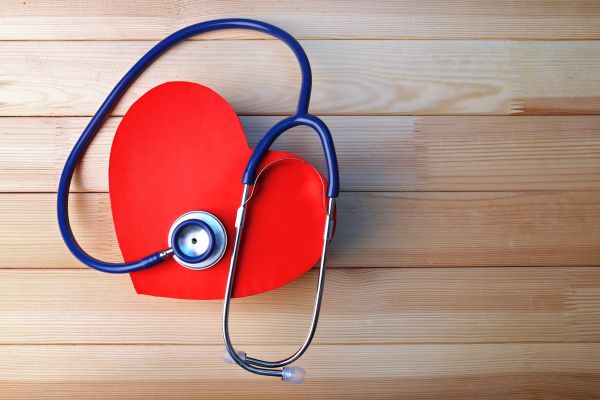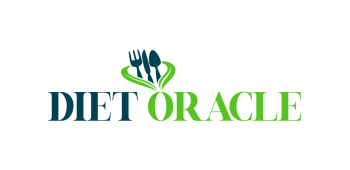Cholesterol is a waxy, fat-like substance that is essential for our body to function properly. However, high levels of cholesterol in the blood can increase the risk of heart disease and stroke. In this guide, we will explore what cholesterol is, how it affects our health, and ways to lower it.
Understanding Cholesterol

Cholesterol is found in every cell of our body and is used to make hormones, vitamin D, and bile acids that help with digestion. There are two types of cholesterol: low-density lipoprotein (LDL) and high-density lipoprotein (HDL).
- LDL cholesterol is often referred to as “bad” cholesterol as it can build up in the walls of our arteries and lead to blockages.
- HDL cholesterol, on the other hand, is considered “good” cholesterol as it helps remove LDL from the arteries and carries it back to the liver to be eliminated from the body.
Factors that Affect Cholesterol
There are several factors that can impact our cholesterol levels:
- Diet: Eating foods high in saturated and trans fats can increase LDL cholesterol.
- Weight: Being overweight or obese can increase LDL cholesterol and decrease HDL cholesterol.
- Physical activity: Regular exercise can increase HDL cholesterol and decrease LDL cholesterol.
- Age and gender: Cholesterol levels tend to increase with age and men typically have higher levels of LDL cholesterol compared to women.
- Family history: Genetics can play a role in cholesterol levels and some people may have a higher risk of developing high cholesterol due to their family history.
Lowering Cholesterol

If you have high cholesterol, there are several lifestyle changes you can make to lower it:
- Eat a heart-healthy diet: Focus on eating foods that are low in saturated and trans fats, such as fruits, vegetables, whole grains, and lean proteins.
- Exercise regularly: Aim for at least 30 minutes of moderate-intensity exercise most days of the week.
- Lose weight: Losing even a small amount of weight can help lower LDL cholesterol and increase HDL cholesterol.
- Quit smoking: Smoking can lower HDL cholesterol and increase the risk of heart disease.
Medications for High Cholesterol
In some cases, lifestyle changes alone may not be enough to lower cholesterol levels. Your doctor may prescribe medications such as statins, bile acid sequestrants, or cholesterol absorption inhibitors to help lower LDL cholesterol.
Understanding cholesterol and how it affects our health is an important step in maintaining a healthy lifestyle. By making simple lifestyle changes and working with your doctor, you can lower your cholesterol levels and reduce your risk of heart disease and stroke.

